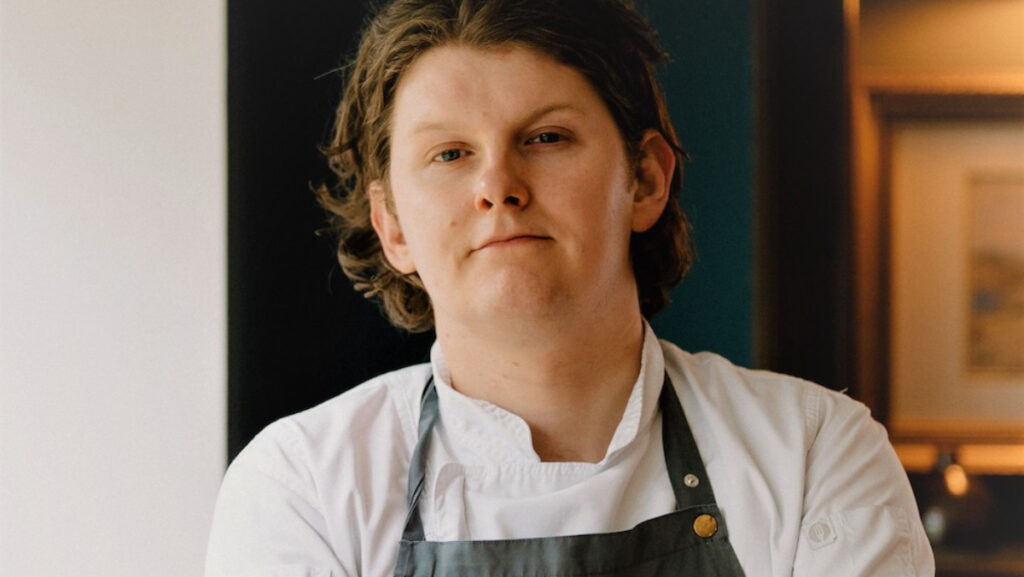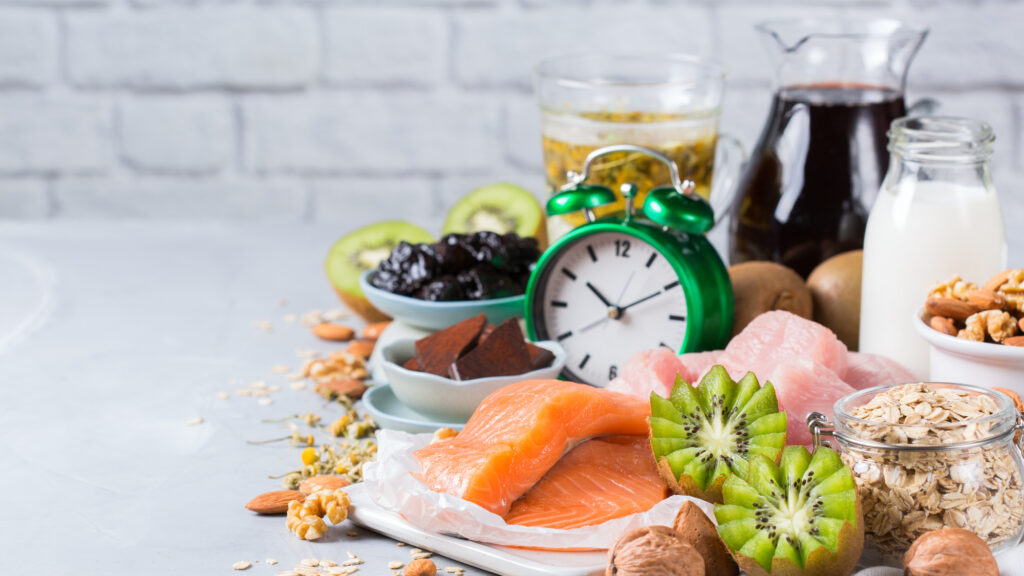
Tasty air fryer tips from a top chef
Rosanna Spence
Rising energy costs making you hot under the collar? Try our tips to dial down the spend.
If you start your day by showering, drying your hair, making a coffee, eating some toast, watching the news, popping a load of washing in the machine, checking emails and running the hoover around you’d probably think it’s a fairly standard morning routine.
However, that little routine could be costing you far more than you think. Based on 10 minutes use of each appliance plus an hour for the washing machine, this simple routine costs on average around £1.71 per day.
 Credit: Shutterstock/Dean Clarke
Credit: Shutterstock/Dean ClarkeIf you start your day by showering, drying your hair, making a coffee, eating some toast, watching the news, popping a load of washing in the machine, checking emails and running the hoover around you’d probably think it’s a fairly standard morning routine.
However, that little routine could be costing you far more than you think. Based on 10 minutes use of each appliance plus an hour for the washing machine, this simple routine costs on average around £1.71 per day.
 Credit: Shutterstock/Dean Clarke
Credit: Shutterstock/Dean ClarkeAgain, you’d be forgiven for thinking that’s not an extortionate amount, but when you multiply that by 365, it’s suddenly over £620 a year – just to start your day – and a stark reminder that we still need to look at more ways of saving energy at home.
Despite the Help for Households Campaign set up by the Government pledging to save households £1,300 on their bills this winter, the impending removal of the cap on energy prices in April puts us back into unknown territory.
As well-established homeowners, you’re probably already aware of (and have researched the potential savings of) the larger energy reduction measures such as installing solar panels, switching to electric cars, upgrading your boiler and ensuring the loft is well insulated.
But those are large, costly and long-term investments. What else can you do to reduce your consumption right now, and will it make a material difference to your bills?
The short answer is: yes. OK, you might have already heard of a few of the expert-led tips we’ve pulled together, but they bear repeating as many of us are guilty of falling into bad habits as time passes and we start becoming more relaxed with our energy usage.
You’ve probably seen the ad campaigns on this, but it’s important: turning down your thermostat by just one degree could reduce your energy bills by up to 10% over the year.
This tip is often quoted by Martin Lewis, Money Saving Expert, but there’s a reason why experts always recommend this simple measure. A saving of 10% on the predicted annual energy costs this year of £3,500 is suddenly a number worth saving.
 Credit: Shutterstock/Monkey Business Images
Credit: Shutterstock/Monkey Business ImagesAnother tip to reduce heat use at source is to turn down the flow temperature on your combi-boiler. It’s normally set to default at around 10 to 20 degrees higher than it needs to be.
Nesta has produced a walkthrough boiler challenge guide that shows you how to reduce it. Turning it down to the recommended 60 degrees could save up to £100 a year.
With most kitchens filled with appliances, they’re one of the most energy-sapping rooms in our home – but don’t let that worry you. It also means there’s more opportunity to make quick and easy savings.
Simple tasks such as making sure your hob and oven are sparkling clean can also give you more than just a show-home worthy kitchen.
Removing dirt means there is less of a barrier for the heat exchange that takes place between appliance and pan, resulting in dishes heating quicker and using less energy.
If built-up food debris means you are cooking for just 10 extra minutes a day, based on an average electric hob costing £0.68 per hour to run, and an oven £0.71, you could be saving £85 a year by simply keeping clean.
 Credit: Shutterstock/Lurii Stepanov
Credit: Shutterstock/Lurii StepanovWhilst it may be convenient to store baking trays in the oven, remember to remove them before you cook. Blocking the hot air flow around the oven will mean it has to work harder and longer to heat the food you’ve put in there.
U-Switch recommends turning off an electric oven 5-10 minutes before the end of the cooking time (depending on how fast your oven cools). If you keep the door shut it will retain the temperature and finish cooking your food for free.
If you need a boiling pan of water, it’s recommended you boil your water first in the kettle and then transfer it to a pan for the hob.
Switching to glass or ceramic oven dishes will reap double the energy savings rewards. Glass and ceramic act as heat insulators, so will retain their heat for longer once removed from the oven, meaning less need to reheat food.
With many glass or ceramic dishes designed as oven-to-table solutions, there are fewer dishes to wash – saving you hot water or dishwashing cycles.
According to the numbers released by the Energy Savings Trust, reducing your dishwashing cycles by just two a week could save you around another £40 a year.
 Credit: John Lewis
Credit: John LewisMake sure you regularly clean the condenser coils at the back of your fridge. It’s recommended we vacuum and lightly brush them twice a year to prevent dust build up as it prevents them from cooling properly.
With fridges and freezers jointly accounting for around 13% of your annual energy bill it’s important to make sure they don’t have to work too hard. Just a 1% increase in energy use each year could be costing you an extra £50.
The same attention needs to be given to your freezer but this time it’s about filling up to keep costs down.
It takes more energy to keep the air cold in a freezer than it does to keep food frozen. So, take advantage of the bad winter weather and spend some time in the kitchen batch cooking to fill the freezer for the months ahead.
 Credit: Shutterstock / Antonina Vlasova
Credit: Shutterstock / Antonina VlasovaAlways leave hot food to cool before popping it in the fridge or freezer. The cooler it is, the less energy it takes to make it colder.
On the flipside, when it comes to cooking frozen items, if it’s safe to do so, always defrost the food first in the fridge. It’ll take less time for them to cook or reheat from cool and they’ll help keep your fridge cold in the process.
Microwaves are always a cheaper option for re-heating than the oven, costing around 50% less to heat per 10 minutes than an oven.
The Energy Savings Trust estimates that Britons boil their kettle at least four times a day, with time spent inside during winter months likely increasing this number.
If you live in a hardwater area, then make sure you regularly descale your kettle. The less limescale there is, the quicker it will heat. Also try to avoid overfilling it where possible – only use what you need.
The average kettle takes around five minutes to boil, costing 8.5p per boil which is over £120 a year. Even if we just increased the boil time by 20% over the duration of the year – it’s another £24 we could avoid spending.
 Credit: Nordic Nest
Credit: Nordic NestLowering the temperature to 30 degrees for each wash means you can run three cycles for the same energy costs of two at 40 degrees. Ensuring your washing machine is full before you switch it on will also naturally reduce the number of times it’s used.
Just reducing the number of cycles you run each week by two could save you around £75 a year.
And finally, if you’re shopping for new appliances always make sure they have the highest energy rating. Whilst they may cost a little more upfront, they will save money over the duration of their lifespan.
Also consider alternative cooking appliances such as air-fryers and slow cookers which use substantially less energy than ovens.

Written by Sarah Harley she/her
Published: Updated:
Since first picking up a paintbrush and experiencing the joy of re-decorating her bedroom in a questionable red, white and grey scheme as a young teenager, Sarah Harley was hooked on the world of interior design. This obsession even led to a real life ‘Grand Designs’ project in 2005 when she donned a pink hard hat and appeared on TV screens, project managing the renovation and extension of a Grade II listed 17th century Folly in South Wales.
Throughout her career, Sarah has gained an array of experience in several different roles, ranging from copywriting, PR, events management and photography to interior design and home staging. With her two passions being the written word and the joys of a beautifully designed home, Sarah’s mission is to open the door on the world of interiors, inviting readers in to help them work their way through the vast choice of products, ideas and trends so that their own homes can reach their full potential.